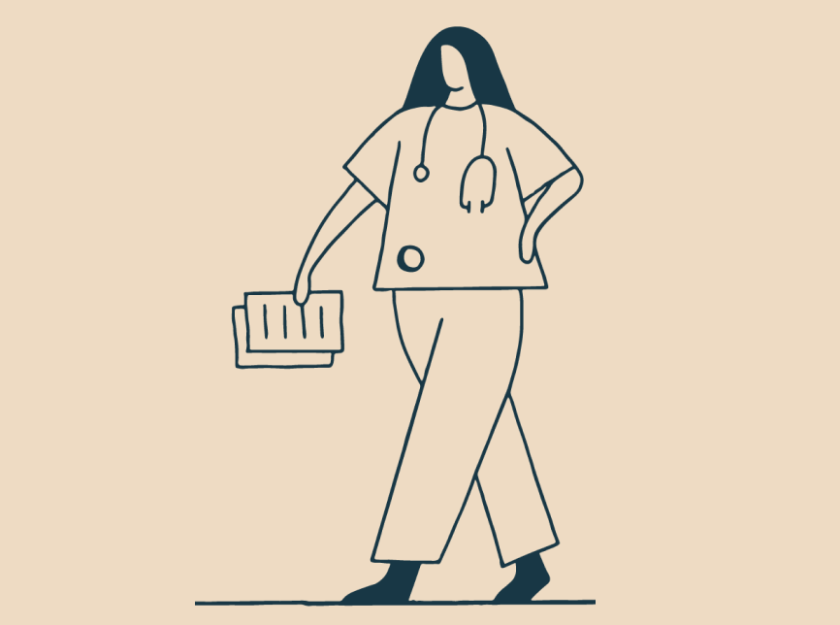But What Actually is a Midwife?

What does a midwife do?
People have a lot of different impressions when they hear the word “midwife.” For some, especially if you are in Europe, they immediately associate a midwife as the go-to medical specialist to deliver your baby. But for many, especially in the US, you may conjure up an image of a nurse from the medieval times or, more commonly, you might confuse the term with a “doula.” At Oula, we are proudly a collaborative practice of OBGYNs and Midwives, who also love working with doulas! So let’s clear this up.
Benefits of working with a Midwife
I always like to say that everyone needs a midwife, and some people need a doctor too. Midwives are licensed and certified medical practitioners with particular expertise in low-risk pregnancies. Most pregnancies and births are considered low-risk and can be led by a midwife. We are experts in “physiologic birth,” which simply means we believe in the innate wisdom and strength of the human body to avoid unnecessary medical interventions, but we’re trained to identify complications and emergencies that require surgical support from an obstetrician (doctor!). All licensed midwives have masters-level training in midwifery and all pass the same national board certifying exam. We can work in the hospital, at birth centers, and at home births too.
Importantly, midwives are trained to pay particular attention to the “whole person.” Many people feel judged or dismissed by their care providers today, but we work to understand how a person’s needs and their health are intertwined with their family, their community, their work, and their home. We work to educate and empower, as much as care and heal.
The practice of midwifery is ancient. The word “midwife” itself comes from old English and means “with women.” You can imagine that since the dawn of time, a brave and wise woman might step forward to be with the women in her community as they give birth. In this country, modern midwives stand on the shoulders of the grand or “granny midwives”: black women who once were the primary providers for birth in the US. Their deep well of knowledge and experience not only kept women safe, they also built a framework for what we now consider to be public health. Those sage midwives of the American south and beyond teach us that community-building truly begins at birth.
Midwives vs Doulas
Midwives are sometimes confused with doulas. Doulas are non-medical members of the birth team who help you feel comfortable in labor (through physical hands-on support, as well as advocacy and education). They are an extremely valuable addition to the birth team that is proven to improve outcomes (and we highly recommend finding one in your budget!), but they do not provide medical care or offer medical advice. Read more about doulas here.
And what if something goes wrong? Emergencies do happen with low-risk pregnancies, and that’s not something anyone wants to take a risk on. That’s why at Oula, we proudly embrace a collaborative care model, combining the midwifery model of care, with obstetricians for complications or surgical needs. We offer counseling and care visits long enough to get to know our patients, focus on their health and the wellbeing of their baby, and still have time for plenty of education. We are medical experts who believe deeply that pregnancy and birth are normal states of the human body, not problems to be over-managed or over-medicalized. We trust our patients’ intuition and look to partner with them to provide the individualized care they need.
